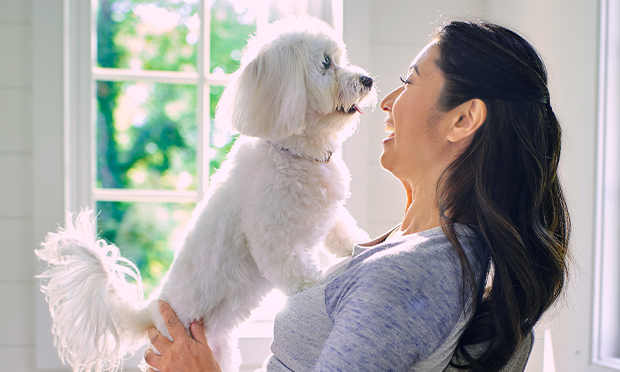First-of-its-kind foreign animal disease testing lab opens in P.E.I.
As the first of its kind on Prince Edward Island, the $1.9-million laboratory is set to play a critical role in strengthening biosecurity measures and expediting diagnostics
Dr. Carmencita Yason, clinical virologist at AVC.
The Atlantic Veterinary College (AVC) at the University of Prince Edward Island (UPEI) has completed construction of its new Foreign Animal Disease (FAD) Testing Laboratory—a cutting-edge facility designed to enhance infectious disease monitoring in the Atlantic provinces.
As the first of its kind on Prince Edward Island, the $1.9-million laboratory is set to play a critical role in strengthening biosecurity measures and expediting diagnostics for diseases such as African swine fever, classical swine fever, foot-and-mouth disease, avian paramyxovirus 1, and highly pathogenic avian influenza (HPAI) in domestic birds and other animal species. The project received $1.3 million in funding from the Atlantic Canada Opportunities Agency (ACOA), with AVC investing an additional $600,000 to upgrade the suite to meet the necessary biocontainment and security standards.
Before the lab becomes fully operational, it must undergo inspection by the Canadian Food Inspection Agency (CFIA) to certify its biocontainment capabilities for FAD testing. It will also need accreditation as a Canadian Animal Health Surveillance Network (CAHSN) laboratory. The CFIA inspection is expected to be completed by May.
The final phase of the lab’s development involves acquiring specialized equipment for foreign animal disease testing. Once fully functional, the facility will allow veterinarians in PEI and across the Atlantic region to refer cases requiring FAD testing directly to AVC. During the initial stages of an FAD outbreak, the lab will send samples to the National Centre for Foreign Animal Disease laboratory in Winnipeg for confirmatory testing. Following diagnosis confirmation, the AVC lab will take over ongoing surveillance testing.
“This facility allows us to be ahead of the emerging threats to our animal, environmental, and human health,” says AVC clinical virologist Dr. Carmencita Yason. “By strengthening our diagnostic infrastructure at the AVC, we can better serve the veterinary community, farmers, and food animal industries that rely on fast and accurate disease detection of foreign animal diseases.”


